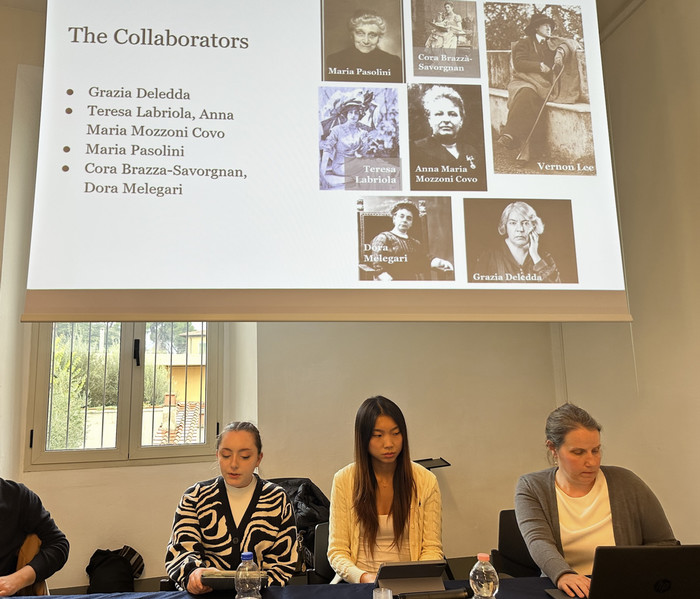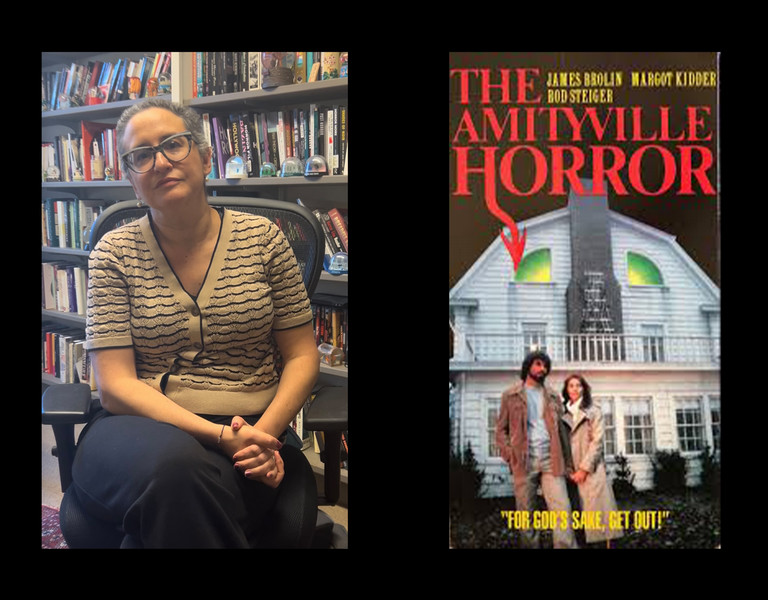Considering the “Why” and Not Just the “How” of Computer Science
By Tom PorterTwo Bowdoin faculty members have teamed up with a colleague at Colby College to announce the launch of a website designed to embed ethical narratives into the teaching of computer science.
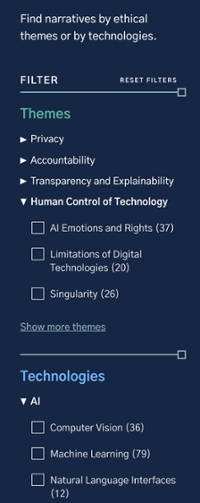
Assistant Professor of Romance Languages and Literatures and Cinema Studies Allison Cooper, Assistant Professor of Digital and Computational Studies Fernando Nascimento, and Stacy Doore, who is the Clare Boothe Luce Assistant Professor of Computer Science at Colby College, have announced the completion of a pioneering project they’ve been working on for two and a half years.
In April 2019, Bowdoin was among those institutions selected to take part in a highly competitive national initiative (Doore was on the Bowdoin faculty back then, moving to Colby in 2020). The Responsible Computer Science Challenge, spearheaded by the Mozilla Foundation, among others, is a $3.5 million competition aimed at integrating ethics into undergraduate computer science curricula at American colleges and universities.
Central to the Computing Ethics Narratives project, as it’s called, is the idea of storytelling. The newly launched website features a repository with hundreds of nonfiction narratives—including academic articles, tech news articles, podcasts, blogs. and video clips such as TED talks—and fictional narratives, which include literary sources, as well technology-themed film clips from movies and TV shows, all carefully curated by cinema studies faculty and students.”
Films include science fiction classics such as Fritz Lang’s Metropolis (1927), Ridley Scott’s Blade Runner (1982), and A.I. Artificial Intelligence (2001), directed by Stephen Spielberg, while featured TV shows include Black Mirror (2011–2013) and Devs (2020). The website is designed to help instructors in computer science, offering them guidance on how to tackle ethically challenging subjects like predictive policing or algorithmic bias, and pointing them toward the relevant film clips that help tell the story.*
Cooper, Doore, and Nascimento shared their thoughts on the project in a YouTube video featured on the project website. The full video can be accessed below, but here is an edited selection of their comments.
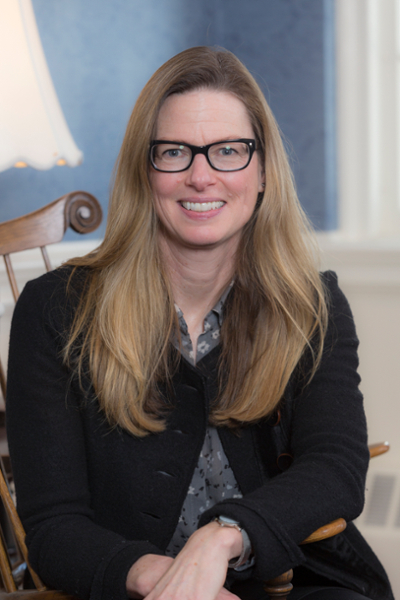
Allison Cooper: “The question isn't really ‘Why does technology need ethics?’ Technology is a tool of human beings and human beings need ethics, and therefore, logically, so does technology,” said Cooper, who works on computational film analysis as well as being a scholar of Italian cinema.
Despite this clear need, she added, technology has not been subjected to the same type of ethical considerations that govern most human behavior. “Why is it that social media platforms, for example, were able to create so many sources of disinformation?”
One of the reasons, she explained, is that “the novelty of social media and the incredibly quick pace of the technology that developed to support social media platforms made it really hard to slow down and think about the long-term implications of using a technology like that for communicating ideas.”
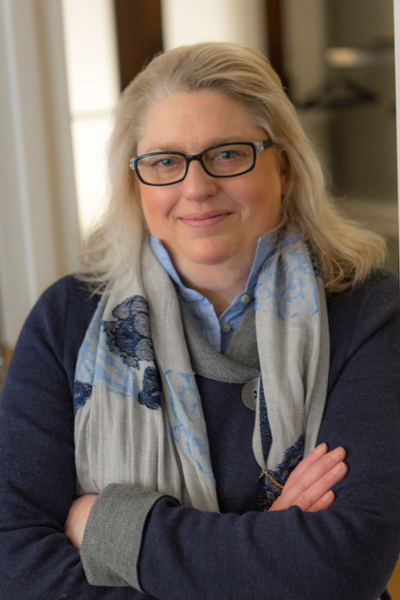
Stacy Doore: The eventual aim of the computing ethics challenge, said Doore, is to train the next generation of computer scientists to be more tuned-in to the ethical considerations that come with the creation of technology.
Most programmers are not typically trained to ask questions like "Who stands to benefit from this technology?" or "Who could it harm?" and "How could this technology be exploited for harmful ends?" she observed. “We want students to consider questions like these at every stage as they move through the computer science curriculum. Whether they’re studying data structures, machine learning, algorithms, or any other aspect of the subject, students must ask themselves how this technology could be used and to factor that into their design decisions.”
Later on, they will likely also be confronted by these kinds of questions in the workplace as computer science professionals, she added, “whether it's in the field of research, product development, database management, or software engineering.”
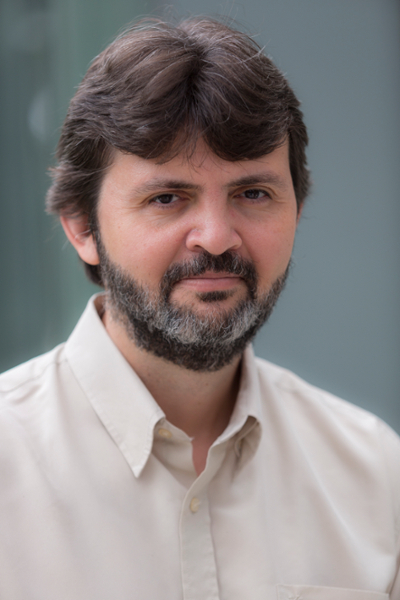
Fernando Nascimento: "The problem we are trying to solve is to upfront ethical considerations when it comes to the development of new digital technologies," he said. Over the last three decades, technology designers have been mostly focusing on how to create very efficient software and hardware components, explained Nascimento, but not necessarily why they're creating them.
The subject of ethics has typically been included as an isolated discipline as part of the computer science curriculum, he said. This project, however, aims to instill an ethical awareness across the board, he stressed. "With this library of narratives, we offer instructors the possibility of integrating this contextual and ethical discussion into each discipline of the computer science curriculum."
* Another resource available to registered users is Kinolab, an online repository of film and television clips directed by Professor Allison Cooper and many student curators to help cinema studies scholars in their work.
Project overview video:
